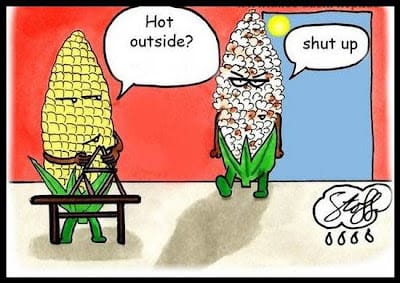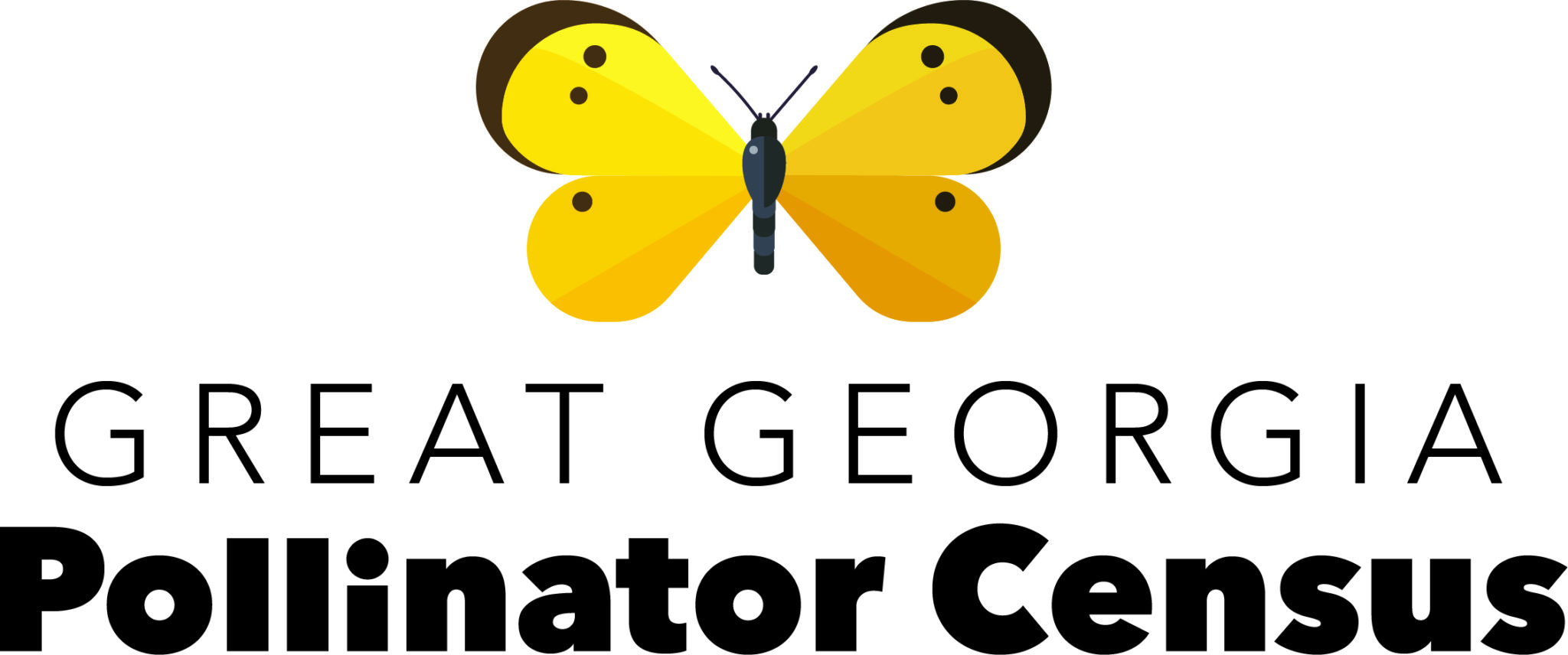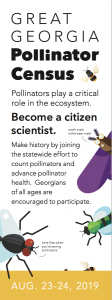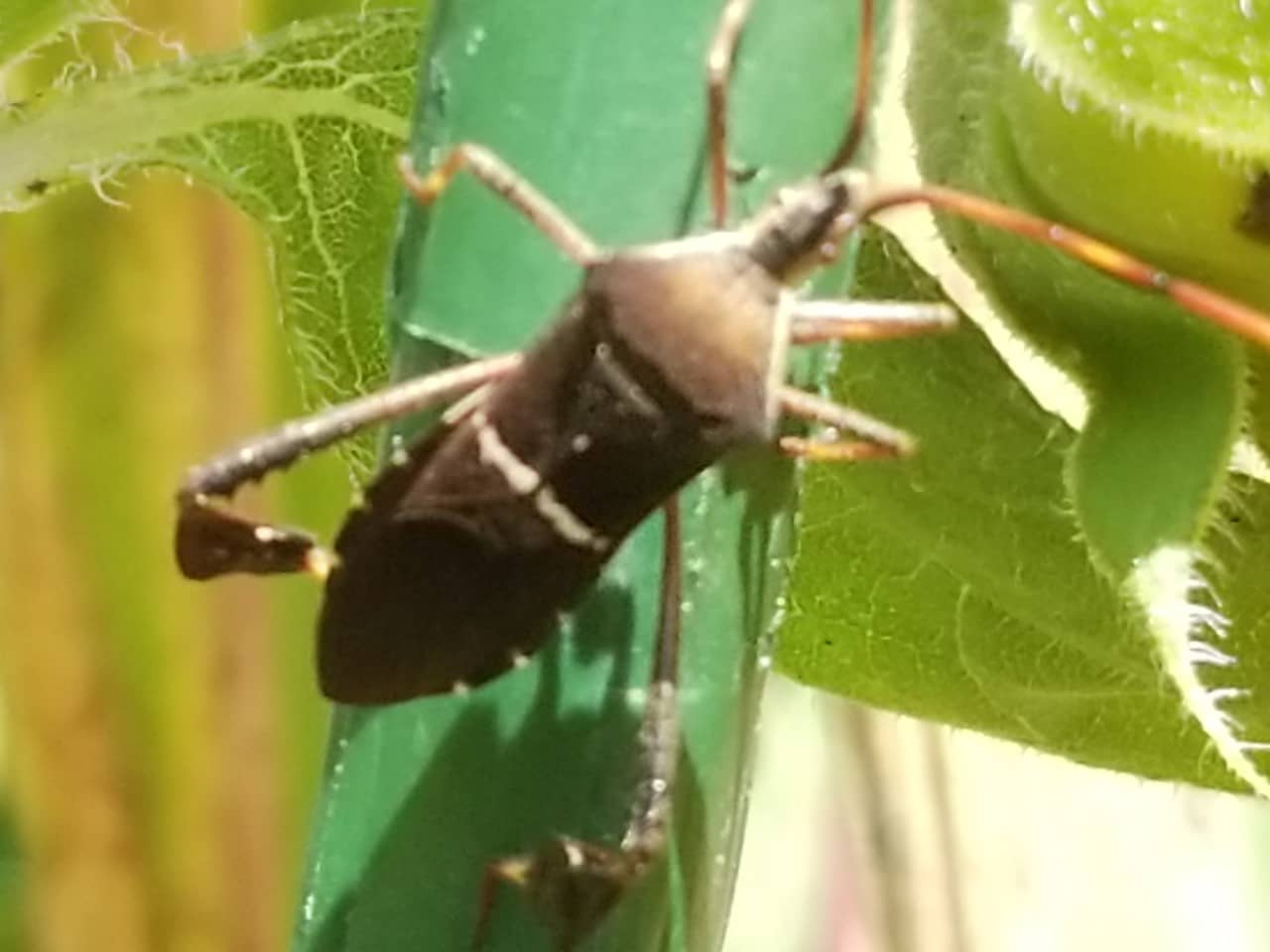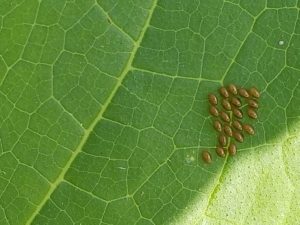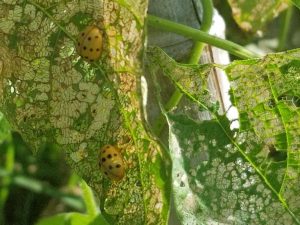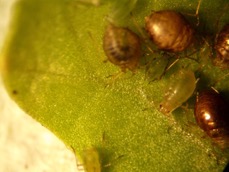I have gotten some requests to repost this information about heat stress. It is definitely summer in Georgia so we all need to take care.
Summer heat can be dangerous, especially with the heat and humidity we are experiencing this summer. We went to a professional to get tips on how to stay safe in a hot, humid Georgia garden.
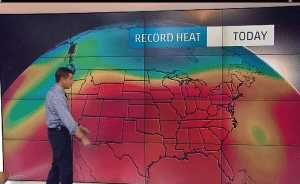
Millard Griffin is a Certified Safety Professional with Environmental Resources Management (ERM). He has vast experience dealing with heat related issues on environmental projects from the Florida Everglades to the Gulf Coast of Louisiana. He knows heat and humidity.
Heat stress is a real concern for those working in the garden. Especially for those of us who aren’t out there every day. Heat stress is defined as any situation where the human body is unable to cool itself by sweating. This can lead to several conditions including heat rash, heat cramps, heat exhaustion, and heat stroke (a medical emergency).
Tips to Prevent Heat Stress
To prevent these conditions Mr. Griffin gives us the following tips:
- Acclimatize to the heat. Work a limited amount of time outdoors and gradually increase your amount of time in the heat.
- Avoid the high heat periods of the day. Get your work done early in the morning or late in the day. Avoid the hours between 2 and 6 as the heat loads are typically higher during these hours.
- Take frequent breaks in a cool area. Taking breaks in an air conditioned area is preferable but, a shady area will work.
- Limit exposure to direct sunlight when possible. Plan your workday to take advantage of shaded areas.
- Drink plenty of water. Take a water break at least every hour, drinking cool water. Also, drink water before working in the garden. Hydration is key.
- Avoid caffeinated beverages and alcohol. These are diuretics and cause your body to lose water.
- Wear light colored, loose fitting clothing and a hat. Certainly use sunscreen to protect against UV rays on all exposed skin.
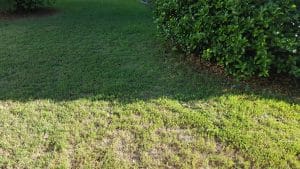
Monitor Yourself
It is preferable to work with another gardener so you can monitor each other. If you notice extreme sweating, dizziness, nausea, or muscle cramps STOP WORKING. Head indoors, hydrate and cool down.
Certain people are more susceptible to heat stress – the elderly, children, pregnant women, and people who have just moved here from a cooler climate. Certain medications can also make someone more prone to heat stress. Mr. Griffin recommends checking with your doctor if you take medications.
Knowing this information will help keep you safe in the Georgia summer heat and make your gardening experience a more pleasurable one.
Remember georgiaweather.net is a wonderful resource for weather information.
Thanks Mr. Griffin for the tips! Stay safe and
Happy Gardening!
